As the global investment in artificial intelligence (AI) is projected to reach a staggering $1.5 trillion in 2025, a growing concern is emerging among business leaders: the ability to maintain digital resilience in the face of increasingly complex and autonomous AI systems. According to a recent survey, fewer than half of business leaders are confident in their organizations' ability to maintain service continuity, security, and cost control during unexpected events.
The numbers are telling: a mere 42% of respondents expressed confidence in their organizations' ability to withstand digital disruptions, while 31% admitted to being "somewhat" concerned. This lack of confidence is not unfounded, given the profound complexity introduced by agentic AI's autonomous decision-making and interaction with critical infrastructure. The autonomy, speed, and scale at which these systems operate can amplify the impact of even minor data inconsistencies, fragmentation, or security gaps.
The market context is equally concerning. As AI becomes increasingly integral to business operations, the stakes are higher than ever. Companies that fail to prioritize digital resilience risk not only financial losses but also reputational damage and erosion of customer trust. In a world where AI is rapidly becoming the norm, the ability to prevent, withstand, and recover from digital disruptions has become a strategic imperative.
Cisco, a leading provider of networking and cybersecurity solutions, has been at the forefront of the digital resilience movement. Through its Cisco Digital Resilience initiative, the company aims to equip businesses with the tools and expertise needed to navigate the complex landscape of agentic AI. By leveraging cutting-edge technologies such as AI-powered threat detection and predictive analytics, Cisco is helping organizations build robust digital resilience frameworks that can withstand even the most unexpected challenges.
The company's efforts are not in vain. According to a recent report, businesses that prioritize digital resilience are more likely to experience improved operational efficiency, reduced costs, and enhanced customer satisfaction. In fact, a staggering 75% of respondents reported improved business outcomes as a direct result of their digital resilience initiatives.
As the agentic AI era continues to unfold, one thing is clear: digital resilience is no longer a nicety, but a necessity. Companies that fail to prioritize this critical aspect of their operations risk being left behind in a world where AI is rapidly becoming the norm. By investing in digital resilience, businesses can not only mitigate the risks associated with agentic AI but also unlock new opportunities for growth, innovation, and competitiveness.
Looking ahead, the future of digital resilience is bright. As AI continues to evolve and mature, we can expect to see even more sophisticated solutions emerge. From AI-powered cybersecurity platforms to predictive analytics and machine learning-based decision-making tools, the possibilities are endless. By staying ahead of the curve and prioritizing digital resilience, businesses can ensure that they are well-equipped to navigate the complex landscape of agentic AI and emerge stronger, more resilient, and more competitive than ever before.




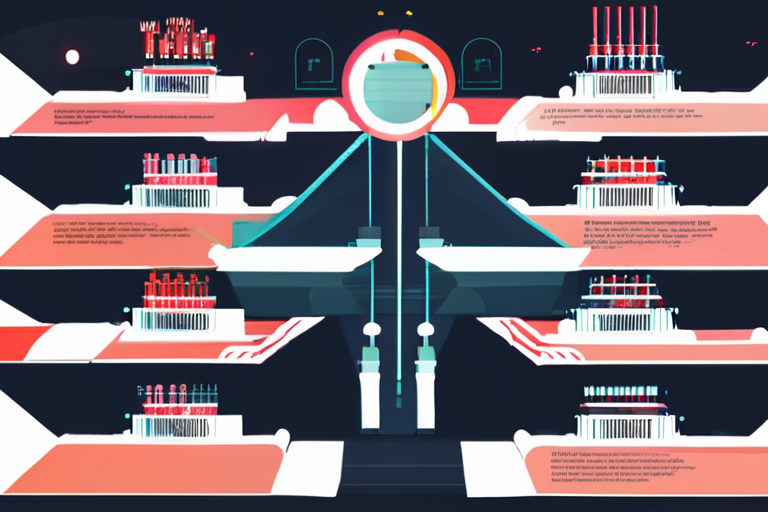
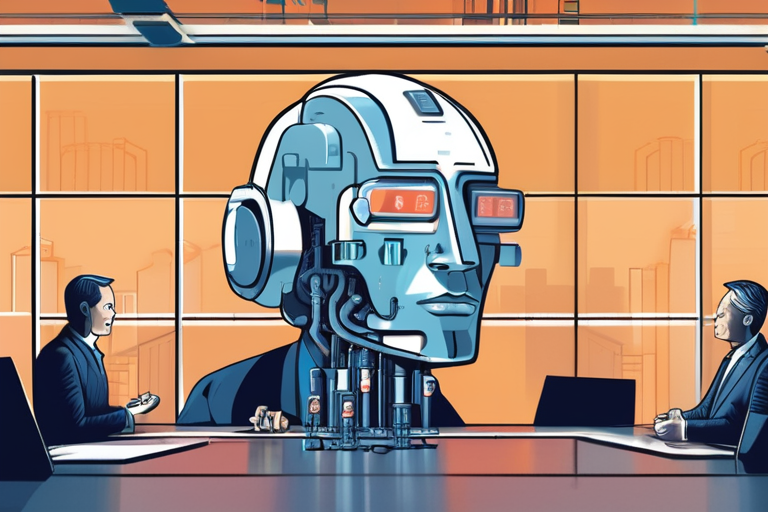






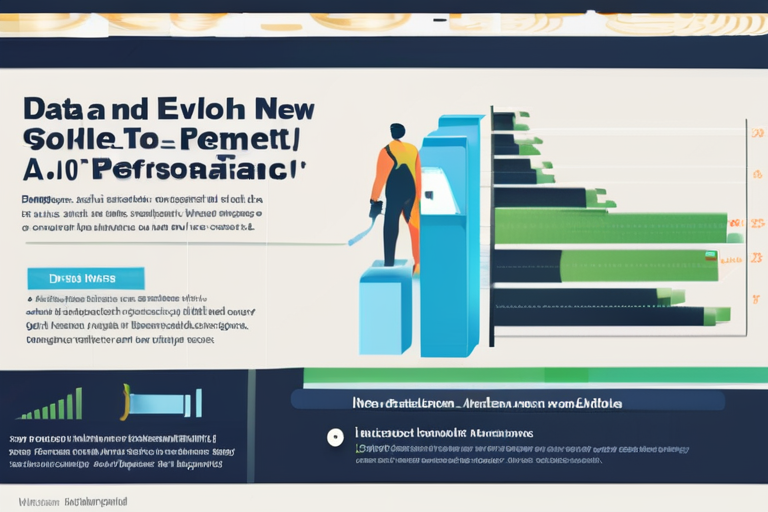


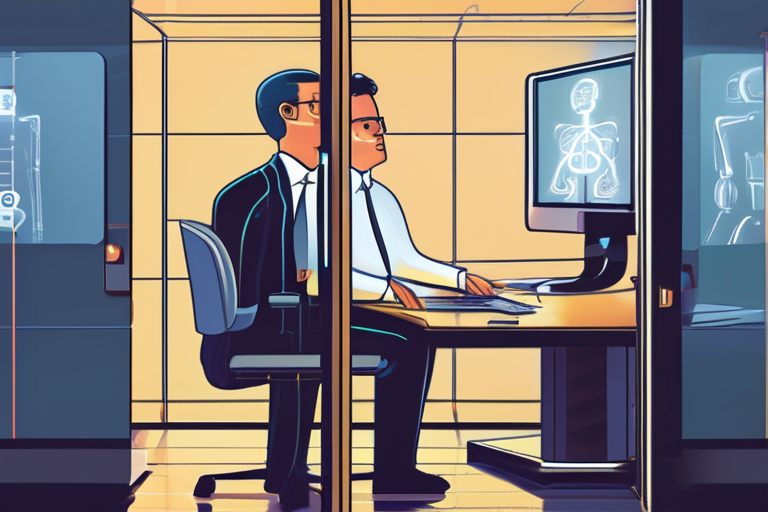









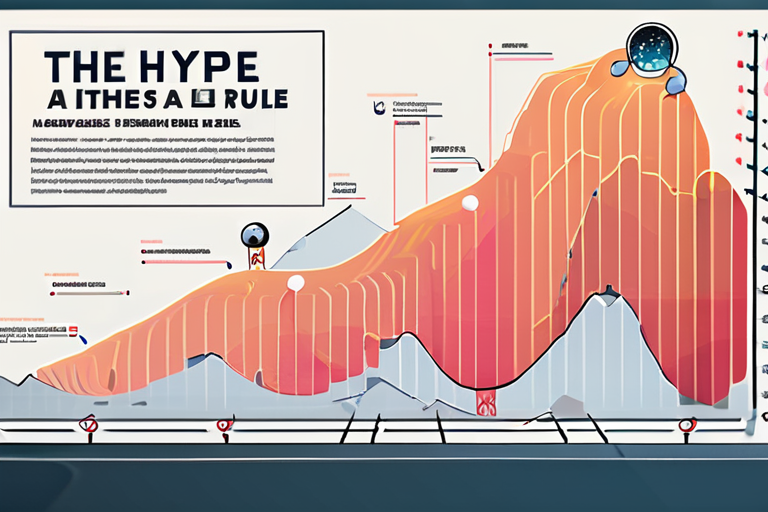

Share & Engage Share
Share this article